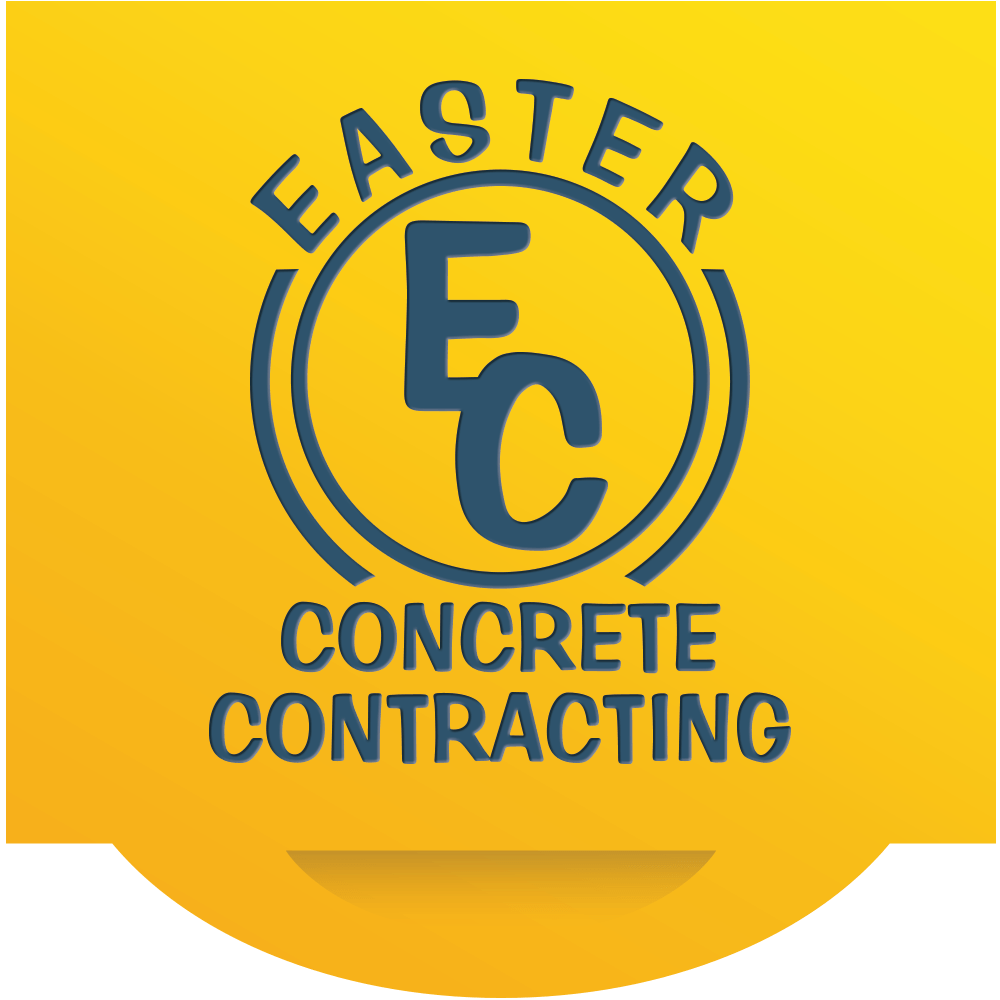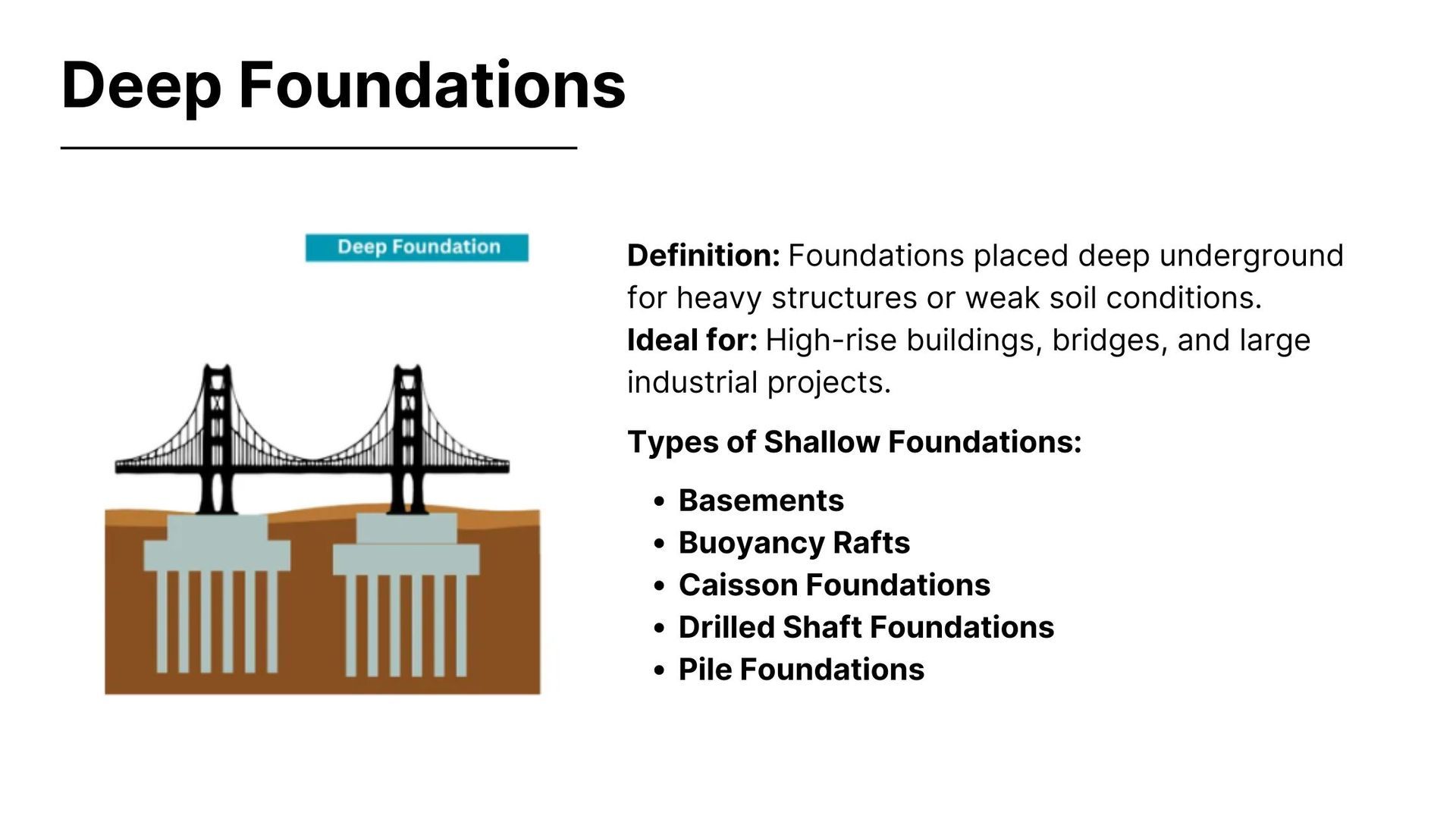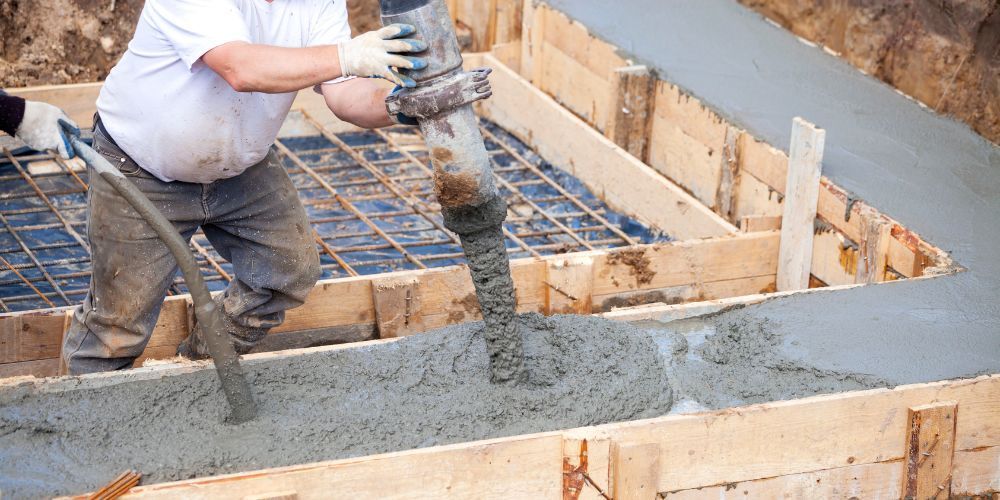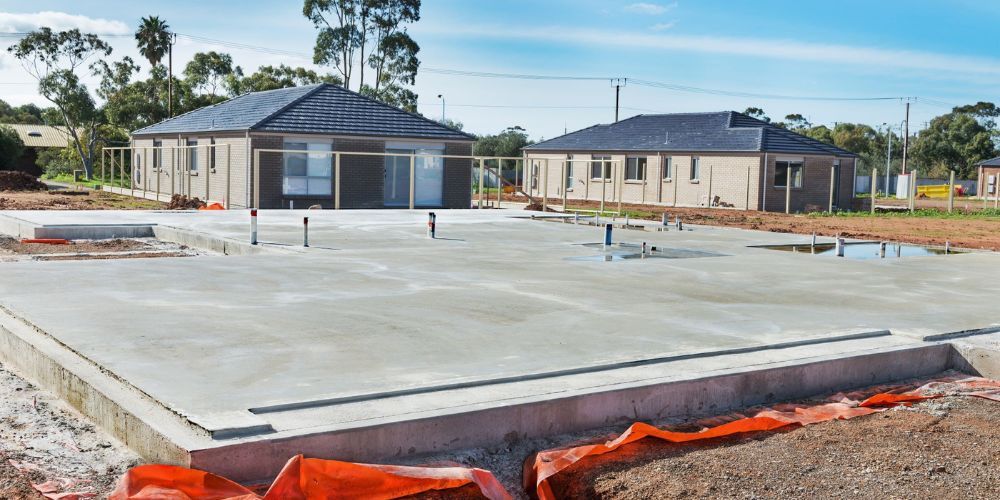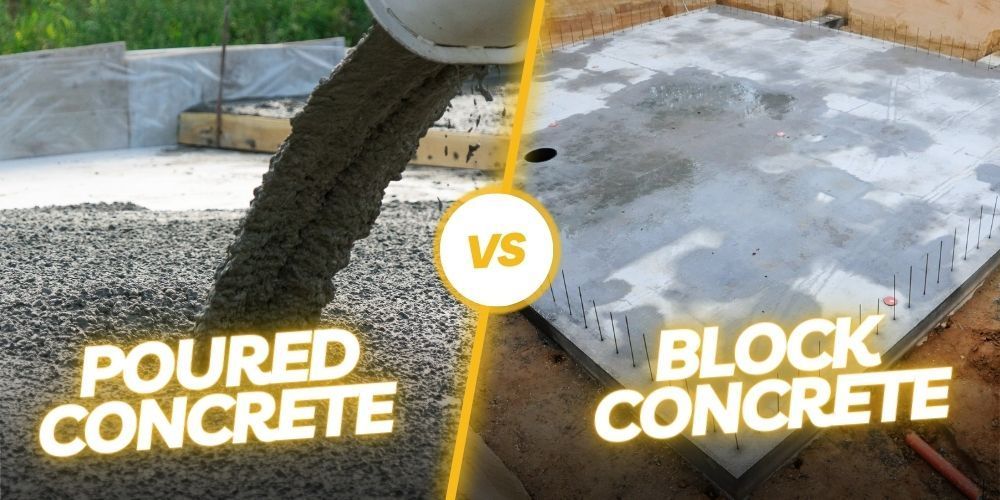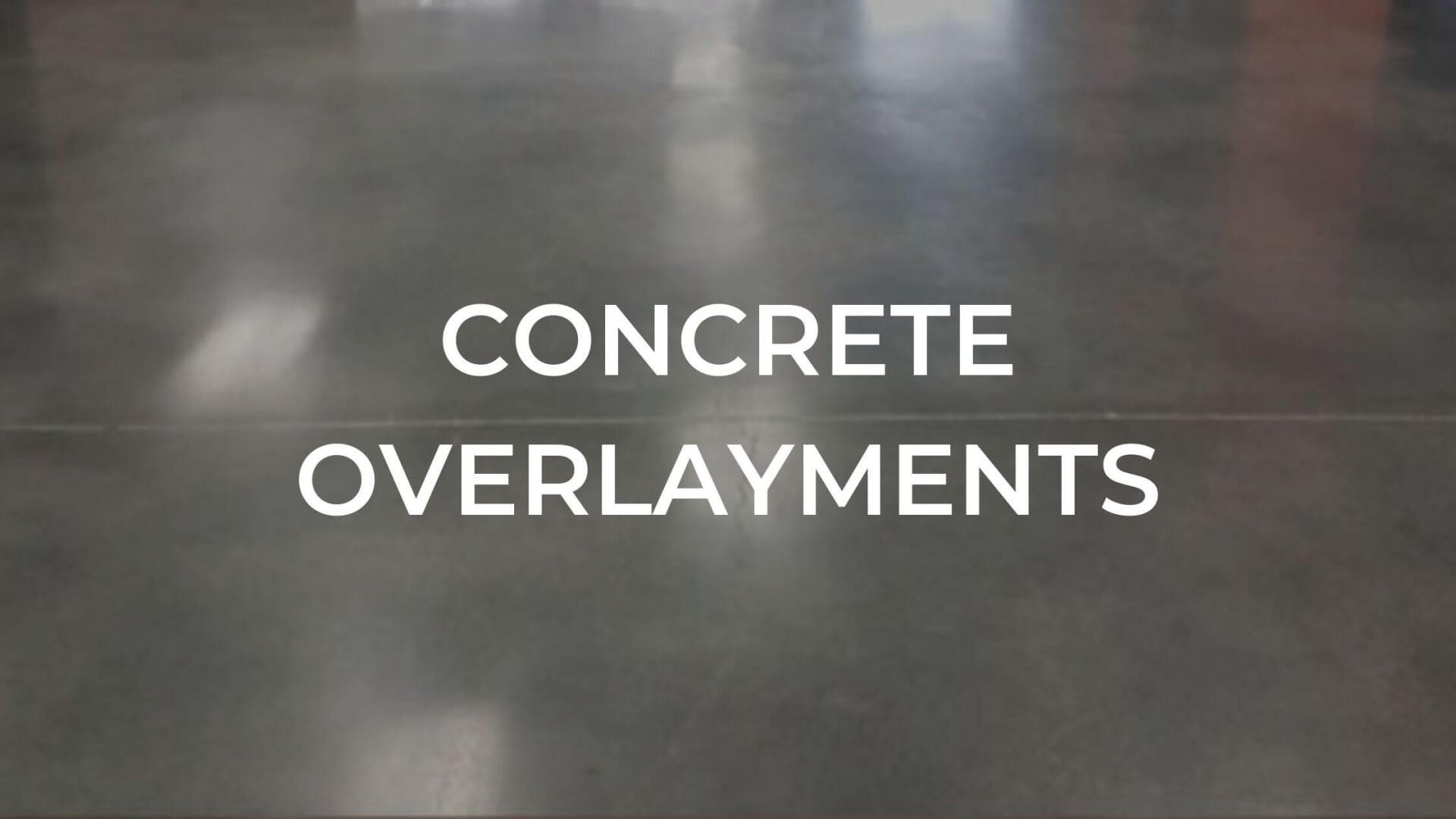How to Seal a Concrete Driveway?
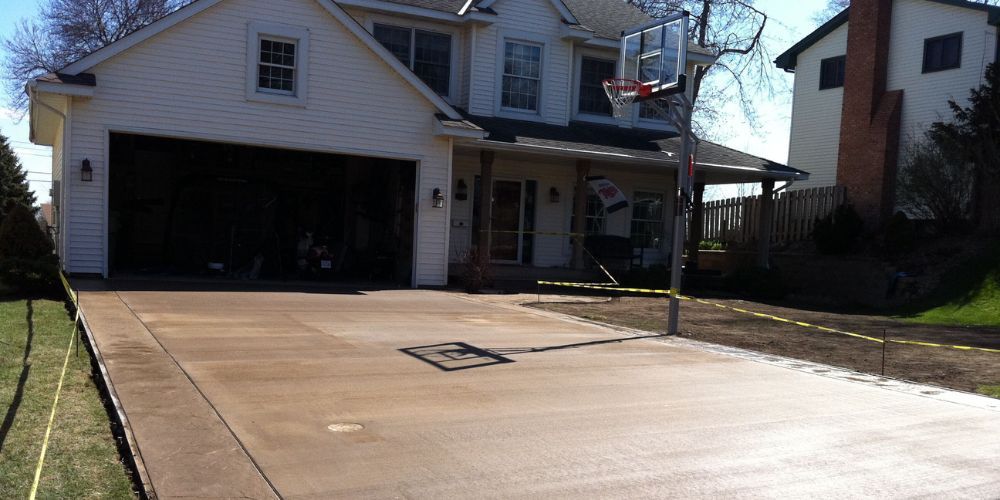
Concrete is considered to be one of the strongest materials, but despite its durability, it is susceptible to a variety of environmental hazards. For this reason, many homeowners decide to apply a concrete sealer to their driveways to guarantee both structural reliability and aesthetic appeal are maintained. Deep cleaning the concrete and applying your preferred sealer are both steps in the procedure.
The Importance of Seal Coating your Driveway
Sealing your driveway extends the life of the concrete and makes it easier to clean while enhancing its visual appeal. Driveway sealing also has multiple benefits, which include:
Extending Concrete Life
Concrete normally lasts for around 20–30 years, but the damage may force you to replace it sooner. Driveway sealer helps the durability of your concrete, which will protect it for 20–30 years or potentially even longer.
Improving Aesthetics
While serving a practical purpose, driveway sealing will also enhance the appearance of your driveway. Concrete's color and sheen may be improved with sealing, increasing its attractiveness and curb appeal.
Preventing Cracks
Since concrete is a porous material, many things can seep in and cause cracks. A sealant will fill these holes, making it much less likely for cracks to form in your driveway.
Preventing Stains
A properly sealed driveway will deter things like oil, grease, and dirt from staining your concrete. The coating guards prevent chemicals from settling into the surface.
Repelling Moisture and Mold
If exposed to constant moisture, concrete can become damaged from the inside or can even grow mold or moss. A concrete sealer will prevent both issues from occurring.
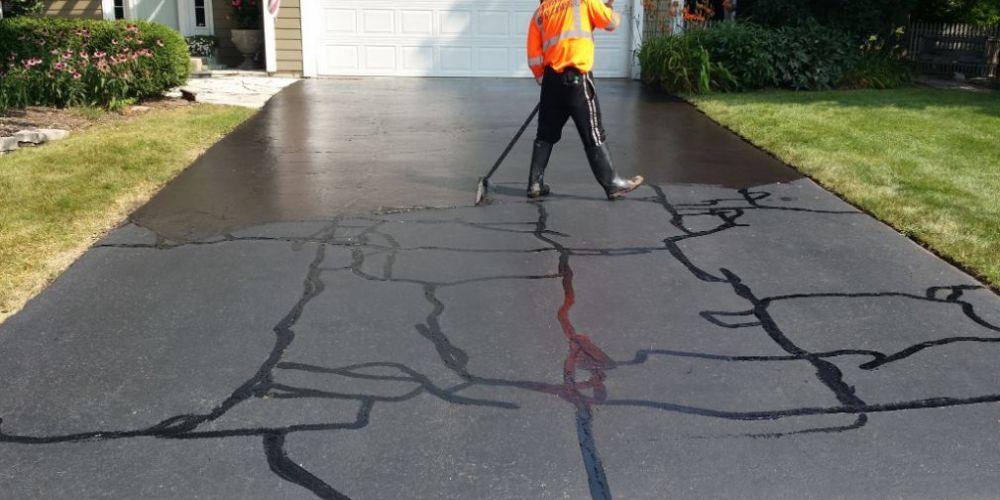
Types of Concrete Driveway Sealers
Now that you know the benefits of concrete sealers, you can learn more about the distinct types to determine which one best fits your project.
Penetrating Sealers
These sealers penetrate the concrete and react chemically within the internal structure. They are normally used for concrete surfaces where corrosion and freeze-thaw damage are crucial issues. These will leave a natural matte finish.
Acrylics
Acrylics create a protective film on top of the concrete surface. These sealants' primary purpose is to enhance the aesthetics of concrete. They are easy to apply and normally dry within an hour. They provide decent protection from water but wear faster than other sealants.
Polyurethanes
Polyurethane also creates a protective film on top of the concrete surface. They are used in high-traffic areas and protect against stains and scuffs. These are twice as thick as acrylic sealers and are resistant to chemicals and abrasions.
Epoxies
Epoxies typically consist of two distinct parts that are combined before use and then applied to the concrete. These are best suited for interior applications, as they might become yellow with UV exposure. They provide a durable, abrasion-resistant finish and are effective in repelling water.
Also Read- What is Housing Disrepair?
Steps for Seal Coating Concrete Driveway
Sealing a concrete driveway entails a lengthy process, and each step requires close attention to ensure an effective seal.
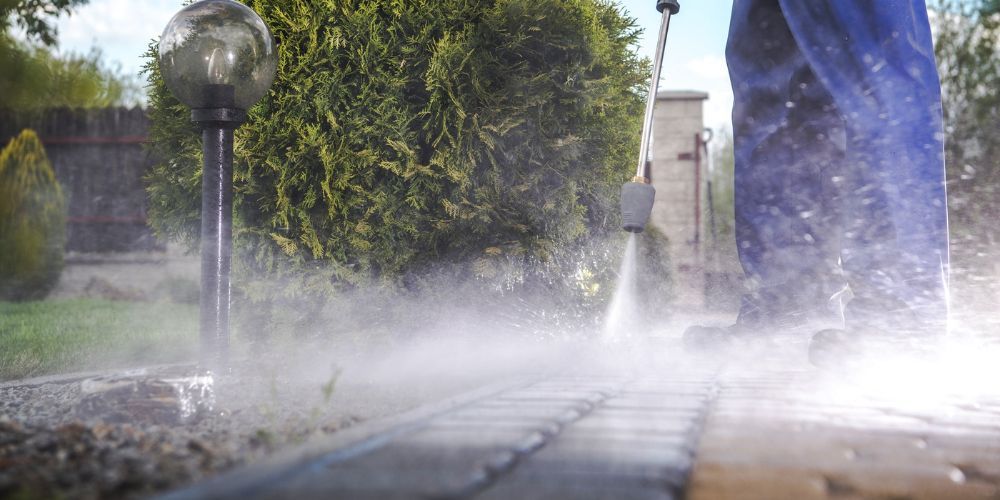
Remove Dirt, Chemicals, and Debris
You should first clean the surface to get rid of any grease, oil, filth, stains, and even concrete dust. The best method of cleaning is using a power washer and a decent concrete cleaner. You might need to spray a degreaser on the surface and scrub any grease stains off in addition to just washing it. If you have paint stains, you’ll need to clean them using a paint stripper and a clean rag.
Prep the Surface and Apply the First Coat
After allowing the driveway to dry for at least 24 hours, you’ll need to strip any old concrete sealer that is still visible. With that taken care of, you’ll open the concrete by applying an etching solution and then follow up with a thin sealer coat, using a roller or spray.
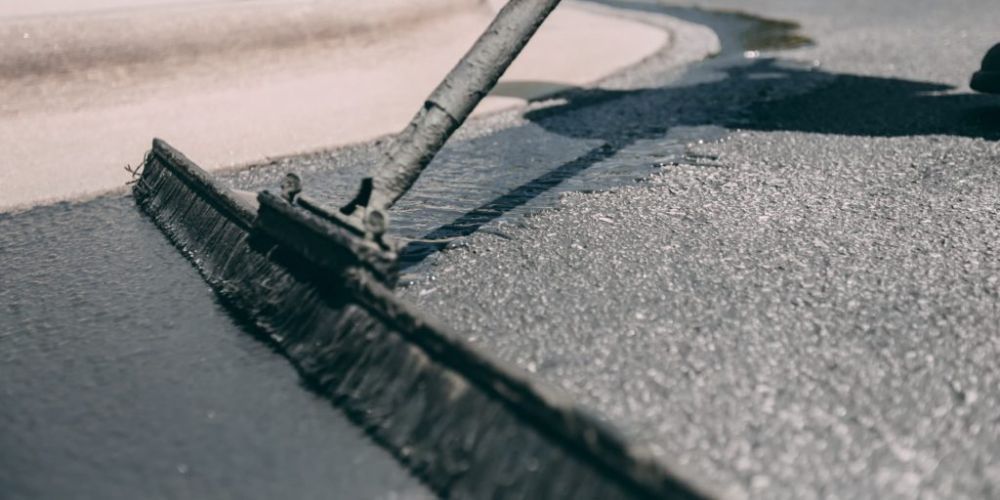
Apply the Second Coat
Once the first coat has dried, it is time for a second coat. However, this time you’ll apply it by going in the opposite direction. Make sure you allow it to dry completely before driving or walking on top of the driveway.
How much does it cost to seal a concrete driveway in San Antonio?
The cost of sealing a concrete driveway in San Antonio, Texas ranges from $0.30-0.50 per sq./foot. Of course, the cost itself increases if cracks need repairing or potholes need to be filled.
The size of your driveway also affects the rate. One-car driveways typically vary in width from 9 to 12 feet. Two-car driveways typically vary in width from 18 to 24 feet. Therefore, the larger driveway will cost more.
Another factor to keep in mind is the potential mobilization fee that some contractors ask for before working on small driveways, which costs an additional $75-100.
There is little chance when it comes to driveway sealing. Any error might lead to a subpar finish or, worse, the need to start again by removing the concrete sealer. Therefore, the best course of action would be to speak with a qualified contractor that specializes in concrete sealing. Are you curious to find out more about sealing your concrete driveway? Are you ready to obtain an estimate for the project? Speak to one of our experts today at Easter Concrete Contracting, and we would love to help you!
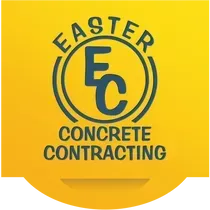
At Easter Concrete Contracting, we're large enough to handle all your concrete and construction needs with expertise and experience, yet small enough to value and appreciate each individual project


